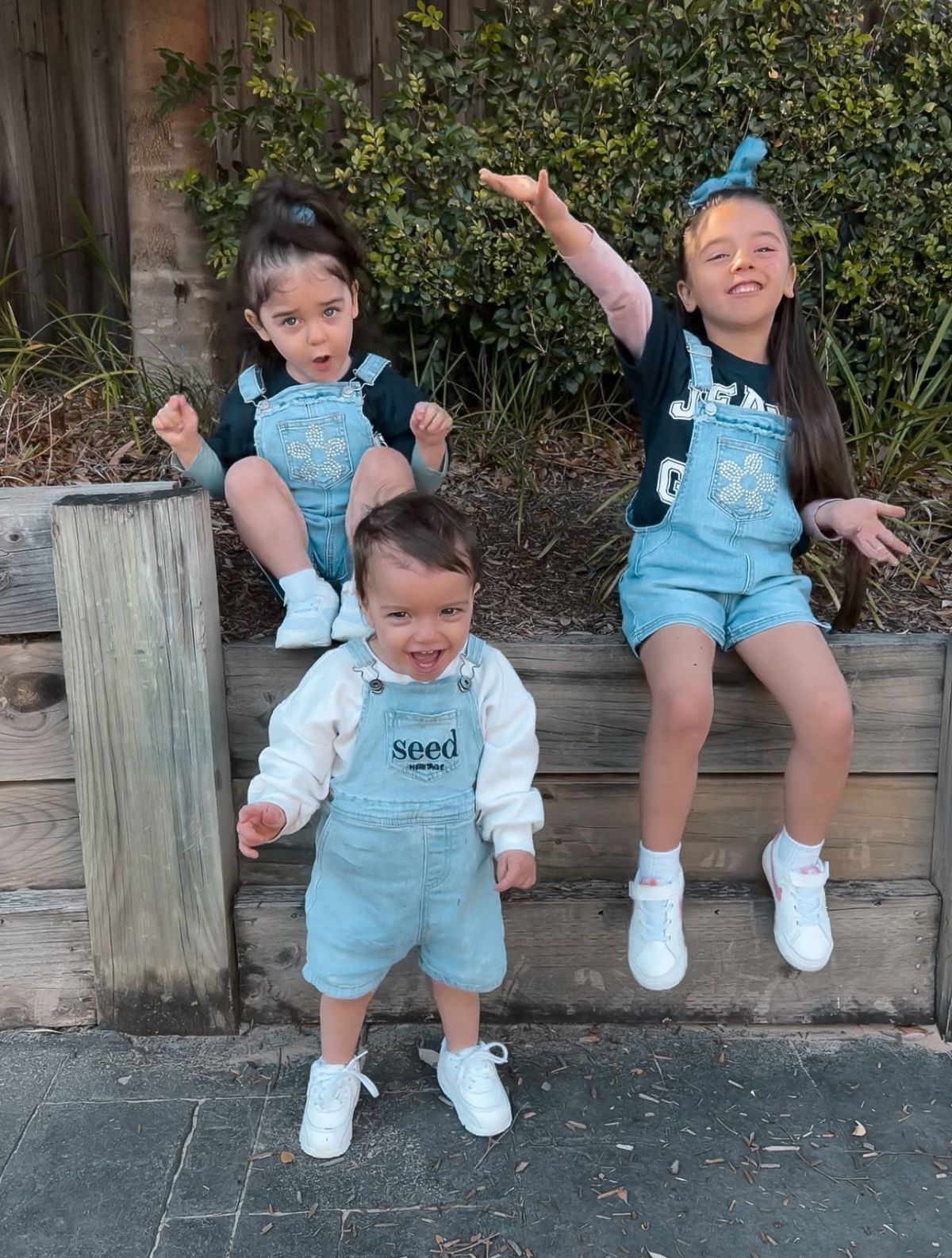
Amity
It is not uncommon for babies to have unusual red blotches on their skin, so when four-month-old Amity developed a tiny spot on her cheek, her parents were not at all concerned.
Amity had been born a healthy baby, hitting all her developmental milestones. But soon after the first spot developed, blotches began to appear which were concerning for her mum Cass.
"We were very grateful that our GP took it seriously," Cass said. "By the time we got in to see the dermatologist, Amity had developed more red blotches on her face and her limbs. We were told this was characteristic of a capillary malformation caused by a rare genetic condition."
A month after genetic testing, Cass and her husband Luke were told that Amity had a rare mutation on the EPHB4 gene which causes Capillary Malformation Arteriovenous Malformation Syndrome Type 2 or CM-AVM2.


We were told that the particular variant that she carries has never been reported previously in any patients or databases in the world.
"It took a bit of time to realise the seriousness of it. She was developing so normally. She was this happy, social baby. She was reaching all her milestones; she was super smart. We were feeling so blessed. You can't see that she's sick." The risk for Amity is that she could develop vascular abnormalities in her brain and spine which could lead to a stroke or seizures. She must now undergo an MRI every six months to monitor this situation.
"It feels like she is a ticking time bomb," Cass said. "It is scary to think that if she has an unexplained nose bleed, or severe headache we have to get her to hospital immediately."
The family have been supporters of Children's Medical Research Institute in the past, as part of Jeans for Genes, but Cass said they never really thought about the importance of investing in research. After Amity's diagnosis, everything changed.
In 2023 the family decided to fundraise, and their family and friends donated an amazing $13,000.
"We were blown away," Cass said. "I hadn't really told many people about Amity's condition, so this was a great way to talk about it and educate them. We had people calling us crying so it has also helped us in sharing her story and having people understand what we're going through."
